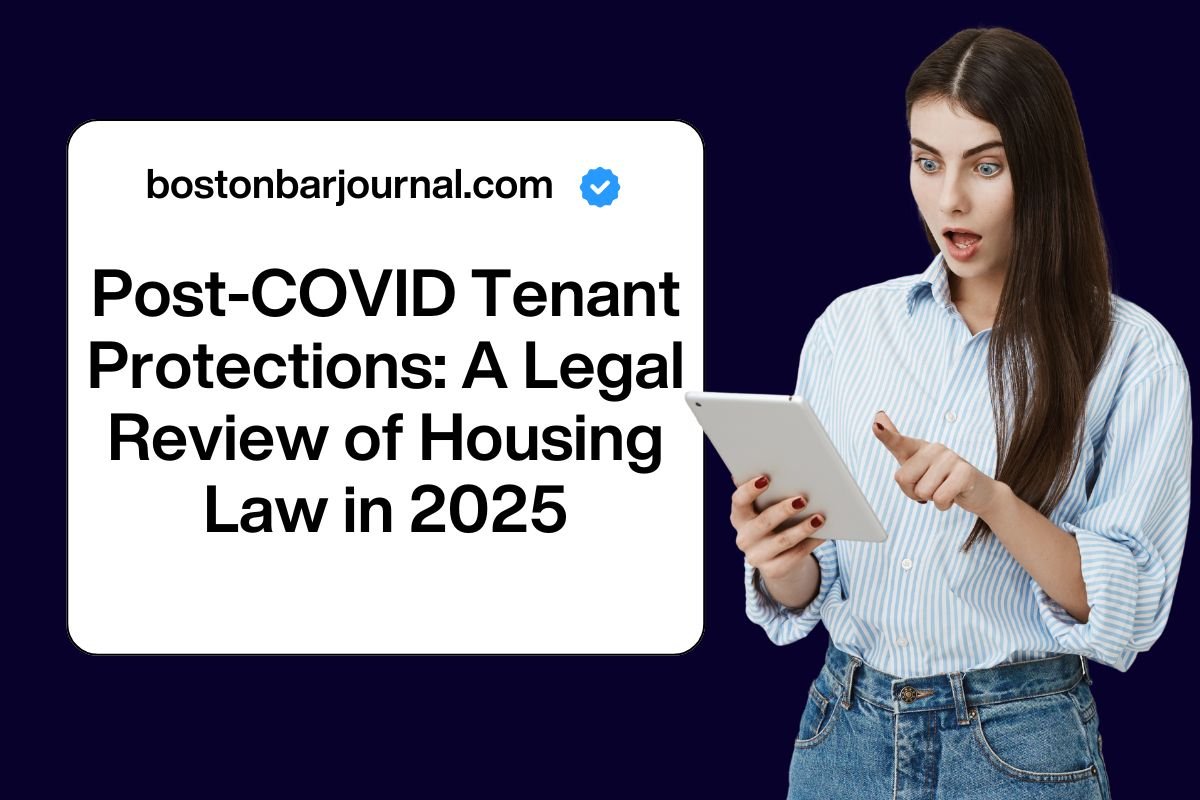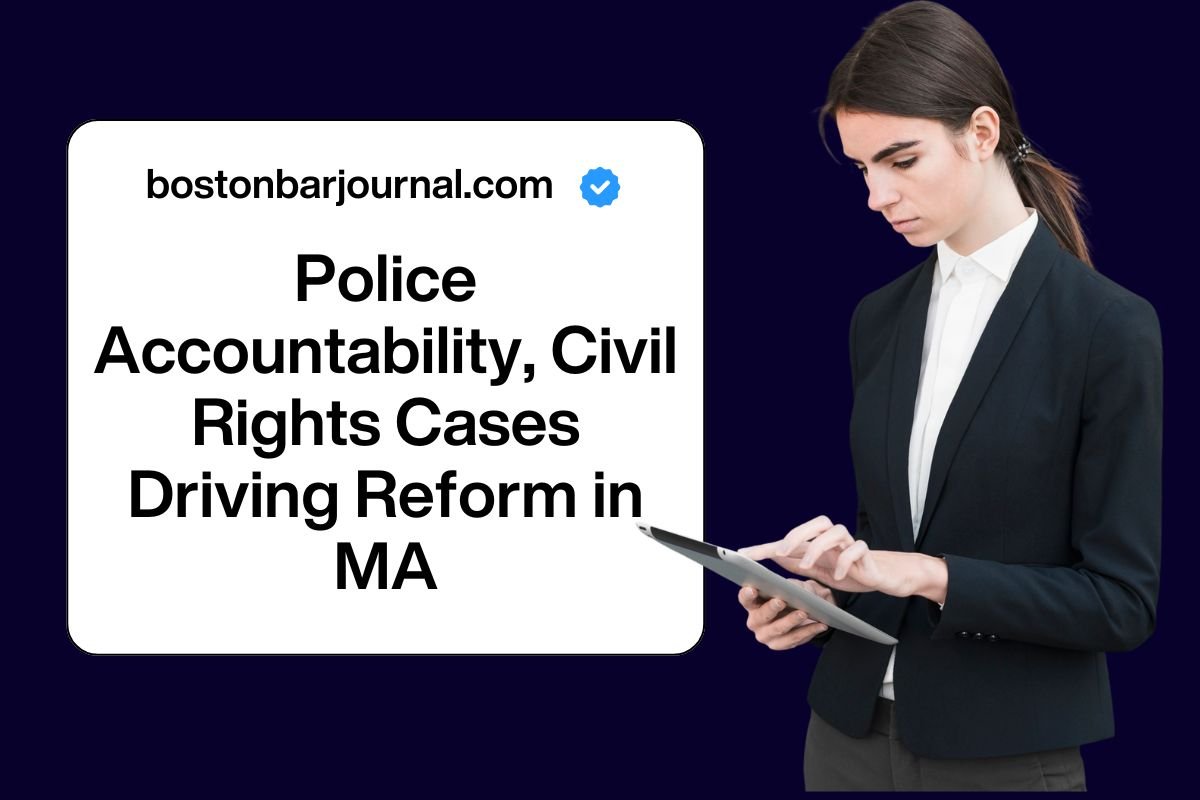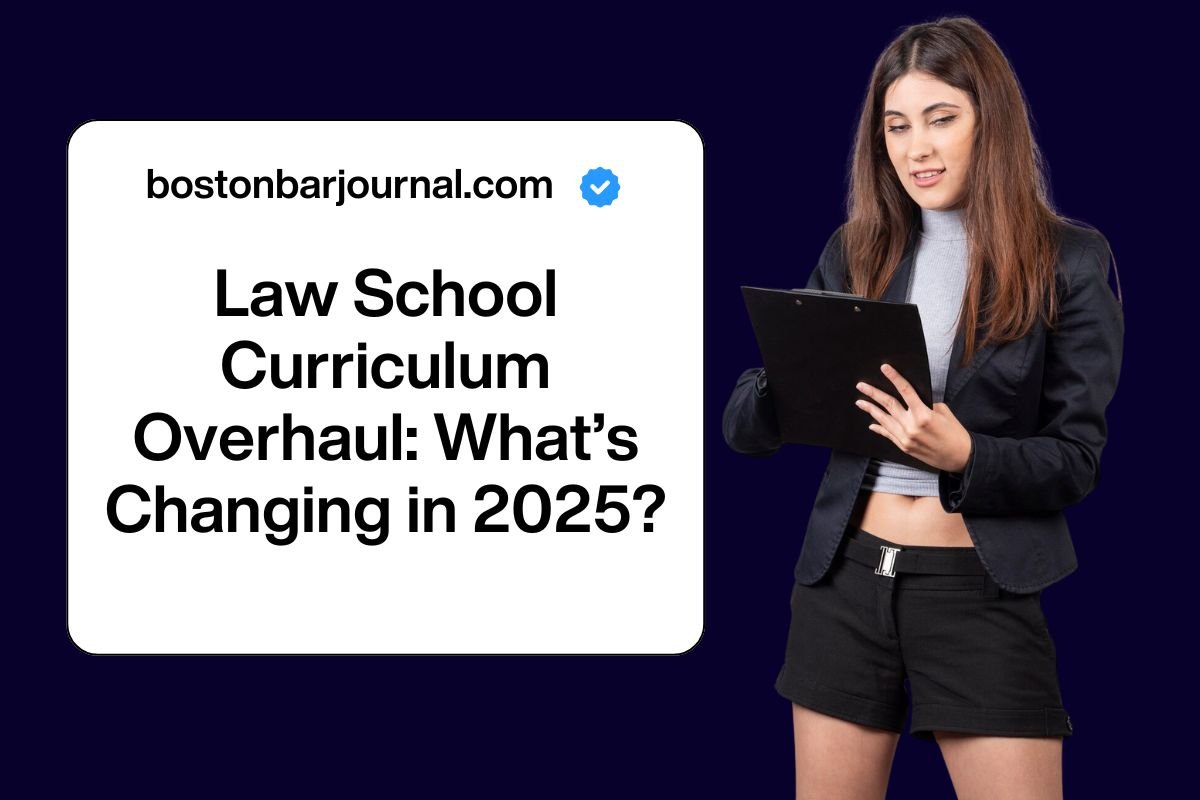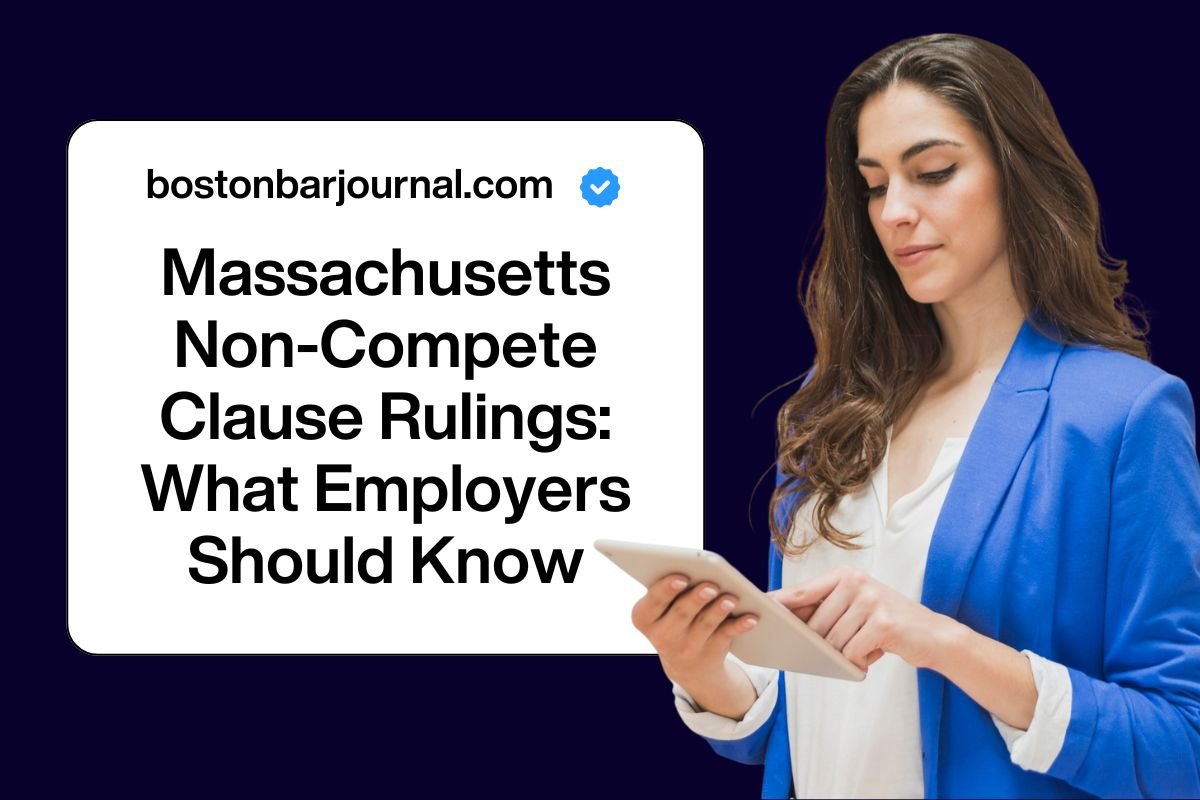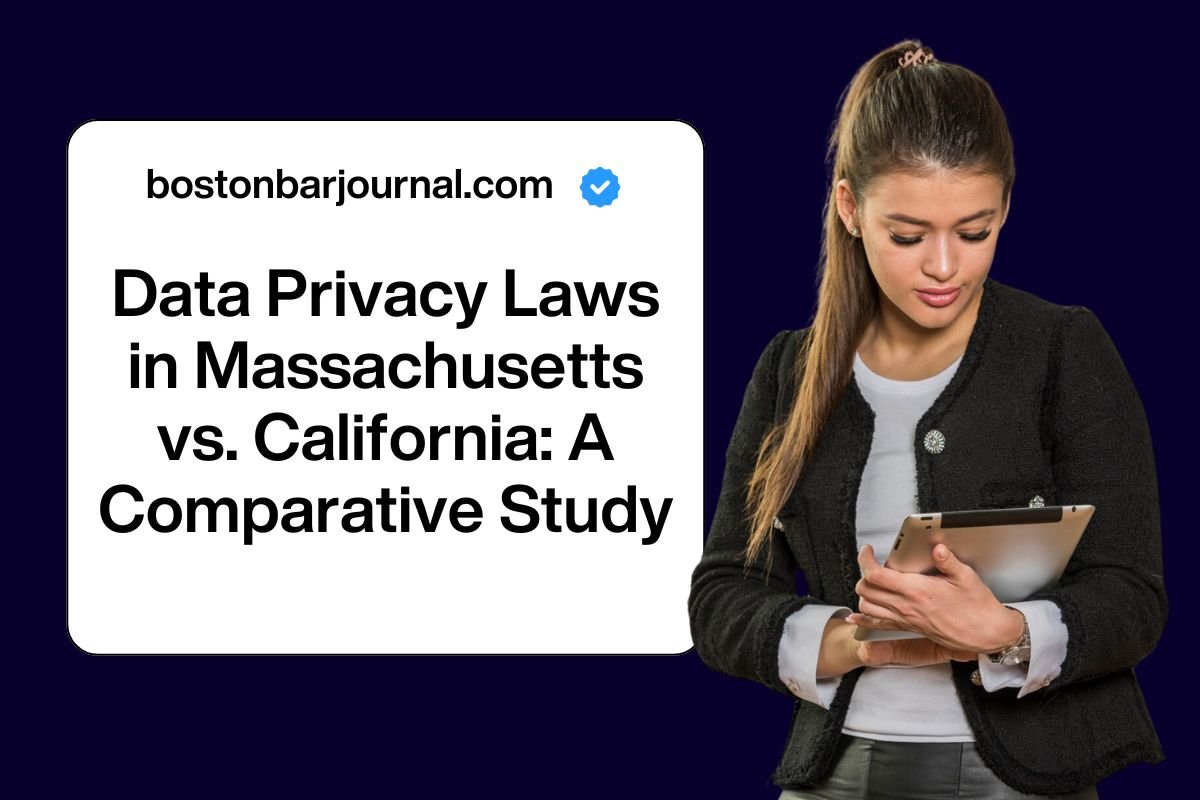Every year, nearly 7.6 million American renters are endangered with risk. They face several losses, including the loss of their homes. 96% of these American tenants do not have a lawyer to help them through the lawful procedure.
Without that provision, they must direct a labyrinth of housing law alone. Particularly since nearly all property-owners (83%) have lawyers in eviction Federal Court, it is no astonishment that renters infrequently win their cases.
Post-COVID Tenant Protections
Governor Kathy Hochul has proclaimed that New York is going to join California and New Jersey in calling on the US government to arrange extra respite for all renters with a subsidy for tenants. In demanding extra subsidies, the states imposed an instant requirement for the subsidy of the approximately $18 billion in unused emergency funding to support all people to stabilize and be housed during the latest surge of COVID-19.
New York State has allotted more than $1.3 billion in rental assistance, which is a total of more than 104000 payments to property owners. In total, the state has obligated all $2 billion in available funding, which will cover mostly 161000 applications and leave 85000 unfunded.
The Emergency Rental Assistance Program
This program is directed by the OTDA. Under the program, tenants get eviction protections for their houses. This program protects those tenants who have made a complete claim for debts accumulated after March 2020. All qualified applicants are sheltered from expulsion while it is under appraisal. Through the program, those applicants who get approval will be protected from eviction from an expired lease for a whole year, provided they regularly pay rent for the homes.
Many tenants had faced several kinds of financial difficulties due to COVID-19. During that time, many tenants also faced a loss of their houses due to the higher rents. Governor Hochul examined the situation of the tenants. On January 13, write a letter to the US Treasury Secretary Janet Yellen. Through this letter, the governor requested the additional emergency rental assistance for all affected individuals, which becomes more important with the need for funding in this program.
The Tenant Safe Harbor Act
Chapter 127 2020 of the Tenant Safe Harbor Act protects all tenants in a critical situation with several actions. Under the act, tenants get several benefits, like this act protects tenants from eviction for failing to pay their housing rent that became due during the COVID-19 pandemic, during the covered time from March 7, 2020, through January 15, 2022, if they faced financial difficulties due to the COVID-19 pandemic.
To become eligible for this protection, tenants must have to raise the financial hardship as a defense and appear before the court before the judge to demonstrate that they faced a difficult financial hardship during COVID-19. If the court discovers that the tenants had much economic adversity during the period of COVID-19, then under the act, the property owner will not be allowed to remove the rent that was due to a tenant’s poverty.
If the property owner does not accept it, then the court can issue a money ruling against the tenants for the rent payable, and other kinds of expulsion cases may be processed. It could cause several problems for the landlord and for those who evict tenants due to a delay in rent for their houses.
Free Legal Services for Tenants
Under the act, funding is obtainable to deliver lawful facilities or lawyers’ fees for renters. The funding will be available with some conditions, like tenants whose income is 80% or less than it figure to Area Median Income (AMI) and facing eviction proceedings in areas. These services aim to provide support to all tenants to manage their housing stability, including legal advice, representation in housing court, tenant mediation, and related to several additional support and resources.
Each worker has wide knowledge employed with susceptible people and offering covering constancy and eviction deterrence connected facilities to tenants across the US. These providers are located in a specific area so that these kinds of services could be provided easily to all affected renters’ households across the state.
Rent Reporting: Affordable Housing for Tenants
This law continues to place several requirements on owners. A supported housing owner must offer renters the choice to have their payments stated to at least one consumer reporting agency. After this reporting, the house owner will have to take only the actual cost of rent, which is reported to the consumer reporting agency, which is set at below $10 each month, to cover the cost of reporting.
Fees and Notices
This law also stops the property owners and their mediators to take charges from a tenants any fees for payment by pattern for rent or safety credits. It also prohibits owners and their agents from taking charges from a tenant’s fees for serving, posting, or offering any notice as described.
After April 1, 2025, if any owner or their agents take charges from the armed service fellow an advanced amount greater than the normal or promoted security credit, the lease contract must comprise a declaration about the fees of the advanced amount and a clarification of why the advanced security credit is being taken.
Domestic Violence
The law needs owners to alter the locks for a renter, at the owner’s own expense, within the starting 24 hours of being provided with information that a tenant or an affiliate of the tenant’s family that they have been a prey of misuse or ferocity. If the owner refuses to modify the lock, the owner must reimburse the renter within 21 days if the tenant vagaries the locks.
Eviction Process
Under the law, they cover the need for a renter to file a response to an illegal detainer grievance from five days to ten days. It also cuts the time for a reach on exact gestures that have characteristically been used by renter lawyers to postpone a kicking out for up to 35 additional days.
